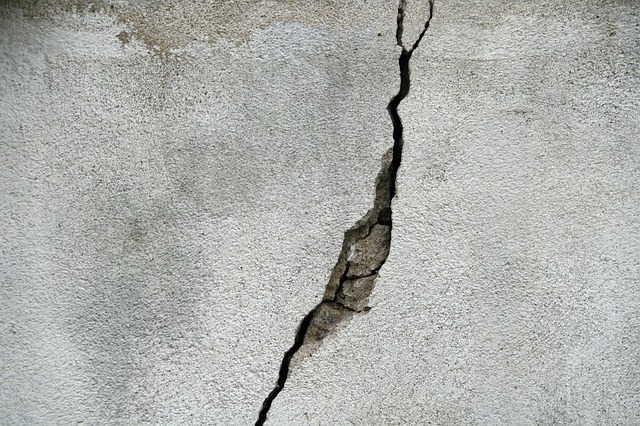3 Reasons Why Your Concrete Has Cracks In San Diego?
 If you ask a contractor if they can guarantee that the patio they pour won’t crack, they will all tell you the same thing: they can’t. This is because concrete will always crack, no matter what anyone does.
If you ask a contractor if they can guarantee that the patio they pour won’t crack, they will all tell you the same thing: they can’t. This is because concrete will always crack, no matter what anyone does.
Scientists and engineers have spent their whole lives trying to make sure that concrete doesn’t break. And they still don’t know what’s going on. Concrete cracks, and there’s nothing that can be done to stop it. Our company has been pouring concrete for a long period of time and has done thousands of projects. Because of this, we want to make sure that our customers know why concrete cracks and how to fix them.
-
Cracks Shrinkage
There are many things that can cause concrete to crack, but shrinkage cracking is by far the most common. When your concrete driveway or patio is poured, it is still liquid, which is how it needs to be so that it can be shaped correctly. As the concrete starts to dry, the water inside it evaporates, which makes the concrete shrink. A concrete slab will shrink by about 1/4 inch for every 100 square feet of surface area. As concrete dries and shrinks, it can start to crack a few hours after it has been poured.
-
Hairline Fractures
Any crack that is 1/8 of an inch or smaller on your patio or driveway is considered normal. After a month or two, there might be a few tiny cracks that go away.
-
Small Fractures
Most cracks in your patio or driveway won’t hurt anything because cracks are common. Concrete is still one of the strongest materials you can use to build your driveway and patio. Small cracks in your concrete project are just for looks and won’t affect how strong or durable it is.
FAQs
What Are The Three Causes Of Cracks In Concrete?
- Too much water was added to the mix.
- Very quickly, concrete dries.
- The wrong strength of concrete was used when it was poured on-site.
- The concrete slab didn’t have enough control joints.
- Foundations are poured in the winter.
What Is The Most Common Cause Of Cracks In Concrete?
Shrinkage is often what causes cracks. As it dries and gets hard, concrete shrinks. This is because some of the extra water from mixing has evaporated. The more wet or soupy the concrete mix is, the more it will shrink.
Why Does Concrete Crack So Quickly?
Early cracking is usually caused by two things: plastics that settle and plastics that shrink. Both types of cracking happen early on when casting concrete. It happens before the concrete is completely hard or set, usually in the first 30 minutes to 6 hours after it has been poured and compacted.
If you aren’t sure how to move forward with your concrete project, you should talk to San Diego Concrete first. If you have questions about concrete cracks or anything else that has to do with concrete, we are here to give you honest answers. Remember that we’ve been working here for a long time and know a lot about concrete.
Conclusion
For further information, call San Diego Concrete’s professionals at (619) 383-2500.
Give our professionals at San Diego Concrete a call at (619) 383-2500 right away to know more about our excellent concrete services in San Diego, CA.
Our Services
Colored Concrete
Concrete Demolition
Decorative Concrete
Stamped Concrete
Residential Concrete
Parking Lots
Sidewalks